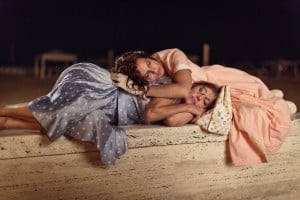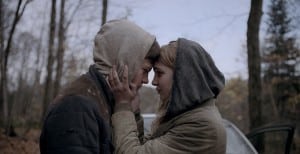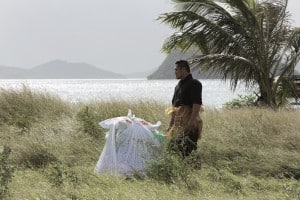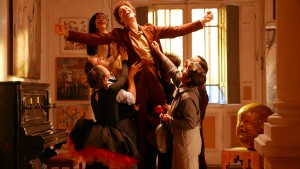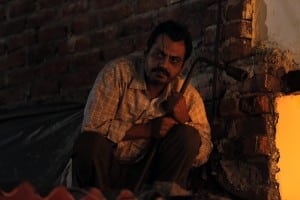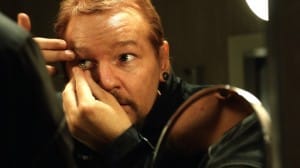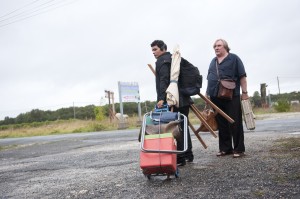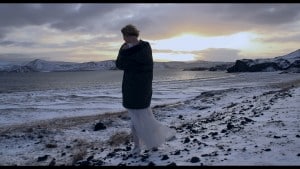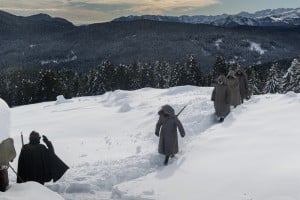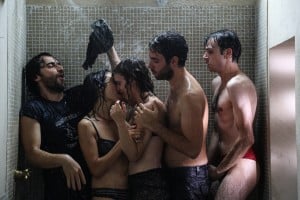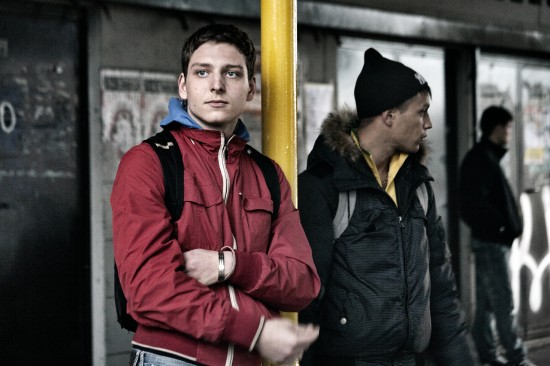CINEMA MADE IN ITALY is back in a live edition to kick off the Spring with the latest crop of Italian releases. The 12th edition takes place at Cine Lumiere, in London’s South Kensington, and is supported by Istituto Luce Cinecitta and the Italian Cultural Institute.
THREE FLOORS (Tre piani) | Director: Nanni Moretti
Nanni Moretti pictures everyday life in a Rome apartment in his latest domestic drama in which he also stars alongside an stunning cast of Adriano Giannini, Margherita Buy, Riccardo Scamarcio and Alba Rohrwacher. Enjoyable if rather conventional this is solid entertainment, the pithy plot turning on a series of events that will have a far reaching impact on all concerned: the women are the peacemakers; the men the troublemakers. Beautifully written and well performed Three Floors had its world premiere at last year’s Cannes film festival and is released in UK cinemas on 18 March
CALIFORNIE | Directors: Alessandro Cassigoli, Casey Kauffman
The five-year journey of a young woman from Morocco who tries to find her place in the sun after moving to a village near Naples: her dreams, her disappointments and her loneliness.
FREAKS OUT – Director: Gabriele Mainetti
Franz Rogowski is the reason to see this needlessly violent drama that follows the lives of three circus performers in 1940s Rome.
FUTURA | Directors: Pietro Marcello, Francesco Munzi, Alice Rohrwacher
A portmanteau travelogue that travels the length and breadth of Italy focusing on teenagers’ hopes and dreams for the future.
THE PEACOCK’S PARADISE (IL PARADISO DEL PAVONE) | Director: Laura Bispuri
After her impressive debut Sworn Virgin and follow-up Daughter of Mine Laura Bispuri’s latest feature is an underpowered domestic drama that drifts around aimlessly despite its impressive cast led by Veteran star Dominique Sanda who plays a mother celebrating her birthday with daughter Caterina (Maya Sansa) and daughter in law Adelina (Alba Rohrwacher who won Best Actress for her central role in Sworn Virgin.
AMERICA LATINA | Director: Damiano D’Innocenzo, Fabio D’Innocenzo
Stylishly empty psychodrama that starts with promise but rapidly goes downhill from the much feted D’Innocenzo brothers who brought us Berlinale winner Bad Tales and wrote the multi-garlanded Dogman it sees a happy and successful man brought down by his own paranoia.
A CHIARA | Director: Jonas Carpignano
The Guerrasio family and their friends gather to celebrate Claudio and Carmela’s oldest daughter’s 18th birthday. There is a healthy rivalry between the birthday girl and her 16-year-old sister Chiara, as they compete on the dancefloor. It is a happy occasion, and the close-knit family is in top form. However, everything changes the next day when Claudio disappears. Chiara starts to investigate; as she gets closer to the truth, she is forced to decide what kind of future she wants for herself.
THE TALE OF KING CRAB (RE GRANCHIO | Directors: Alessio Rigo de Righi, Matteo Zoppis
Italy, nowadays. Some elderly hunters reminisce about the tale of Luciano together.
Late 19th century, Luciano lives as a wandering drunkard in the Tuscan countryside. His lifestyle and constant opposition to the despotic local prince have turned him into an outcast for the community. In an ultimate vengeful move to protect (from the lord) the woman he loves, Luciano commits the unforgivable. Now an unfortunate criminal, he is exiled to Tierra del Fuego.
There, with the help of ruthless gold diggers, he seeks a mythical treasure, paving his way towards redemption. Yet, little but greed and madness can grow on these barren lands.
WELCOME VENICE | Director: Andrea Segre
Two brothers are in conflict over the way the Venetian lagoon has been transformed, and the identity of the city and its residents has drastically changed.
COMEDIANS | Director: Gabriele Salvatores
Theatrical adaptation: a group of aspiring comedians at a Manchester evening school reunite for their last rehearsal before performing for an agent from London.
CINEMA MADE IN ITALY | 3 -7 March 2022

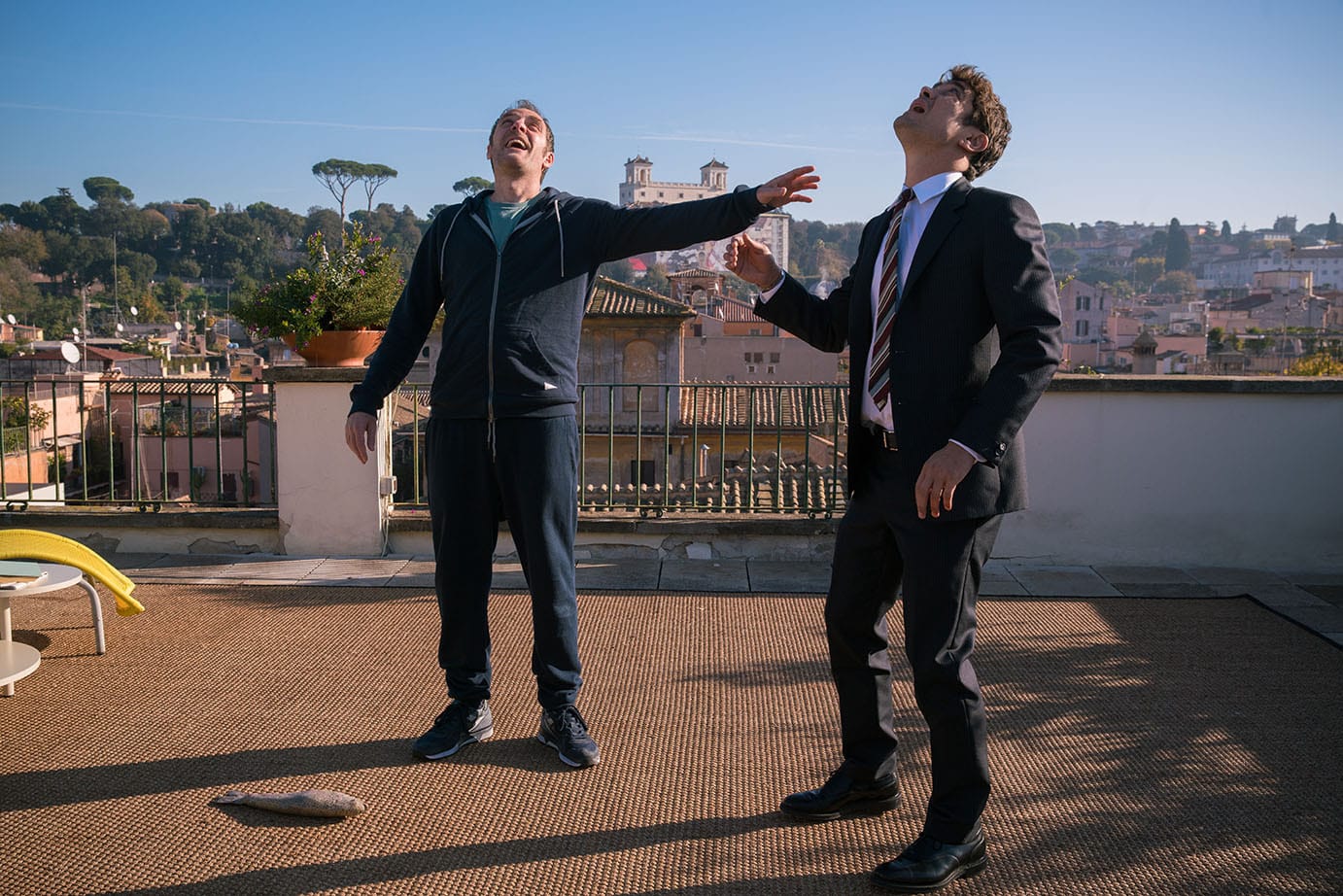
 THE GUEST (L’Ospite) ****
THE GUEST (L’Ospite) ****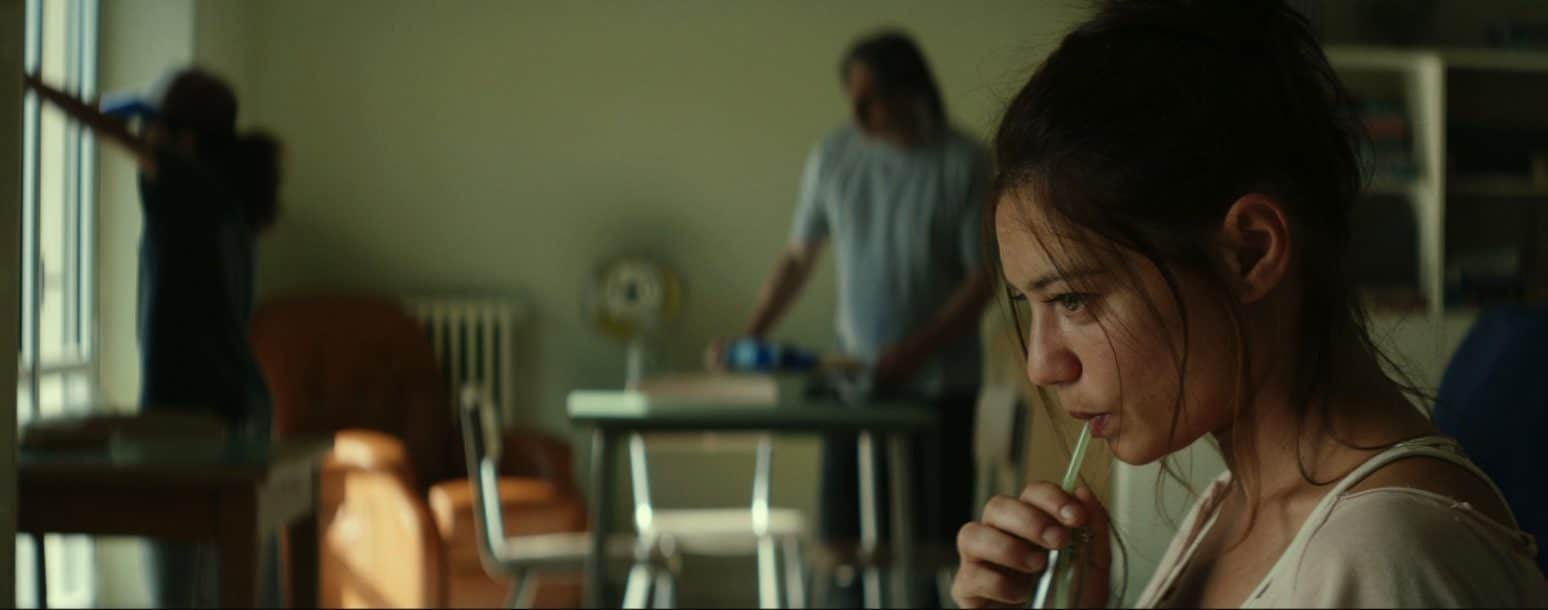
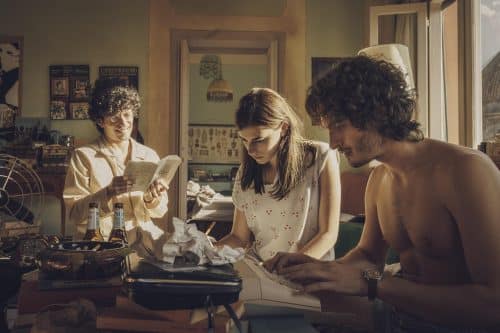

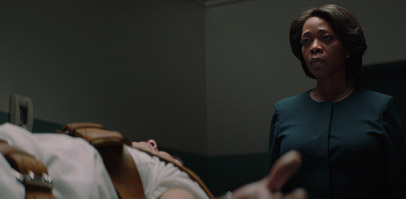
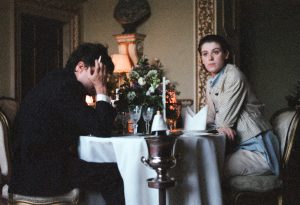


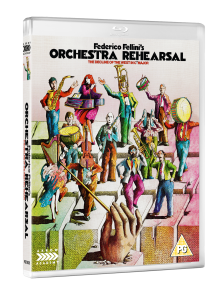 Dir.: Federico Fellini; Cast: Baldwin Baas, Elisabeth Labi; Italy/West Germany | 70′.
Dir.: Federico Fellini; Cast: Baldwin Baas, Elisabeth Labi; Italy/West Germany | 70′. Dir: Elio Petri | Writer: Ugo Pirri | Cast: Ugo Tognazzi, Flavio Bucci, Daria Nicolodi | Italy | Comedy Drama 126′
Dir: Elio Petri | Writer: Ugo Pirri | Cast: Ugo Tognazzi, Flavio Bucci, Daria Nicolodi | Italy | Comedy Drama 126′



